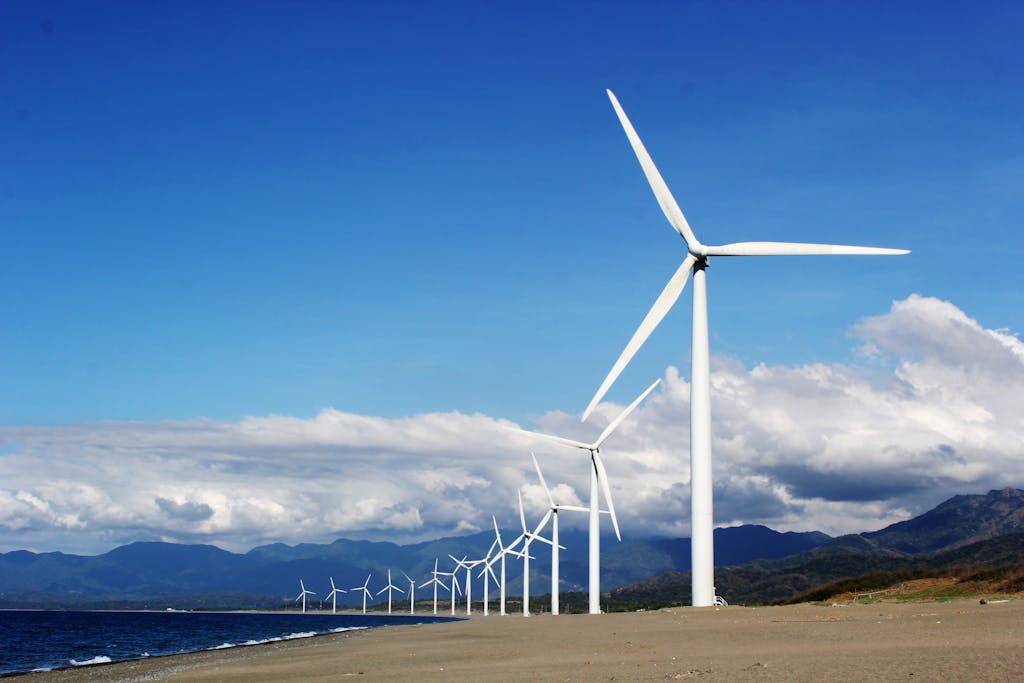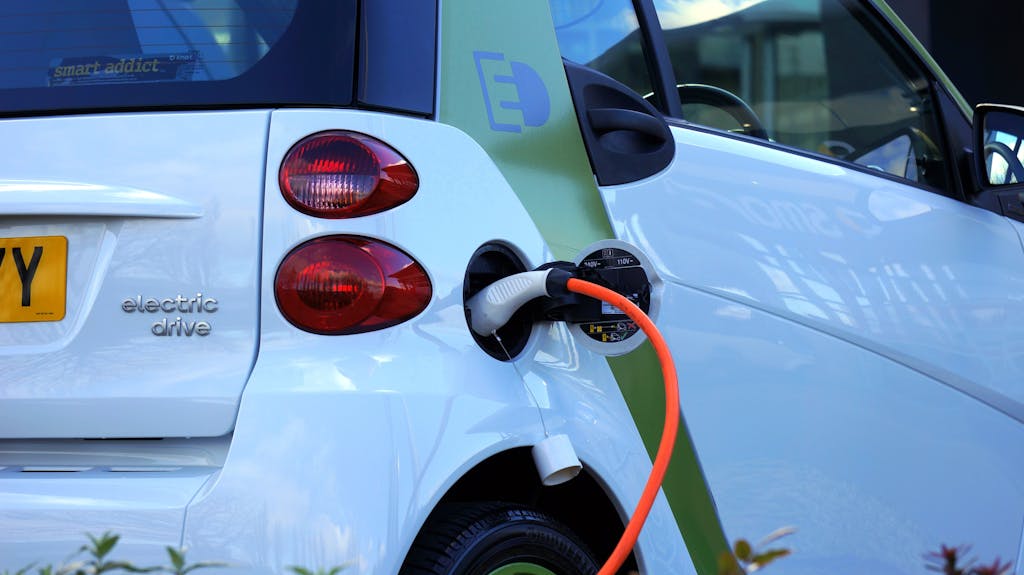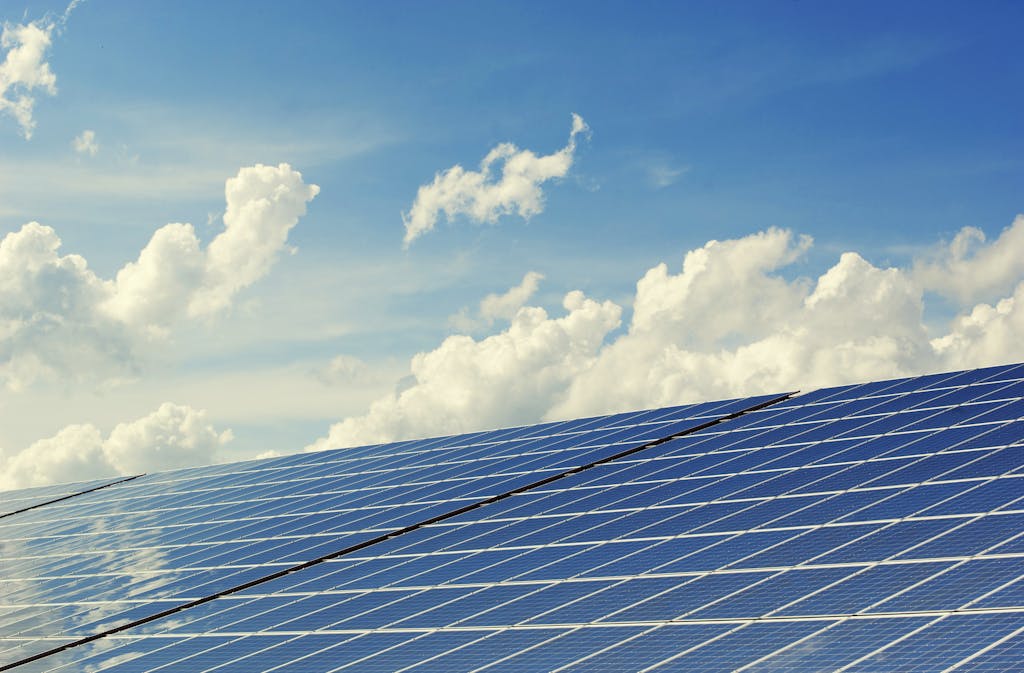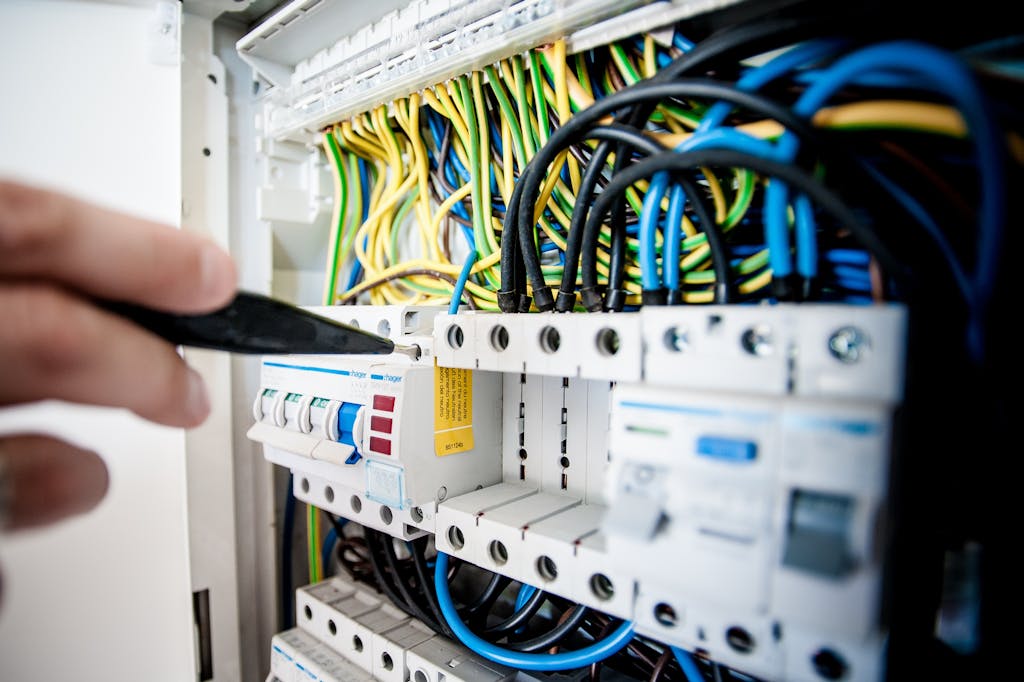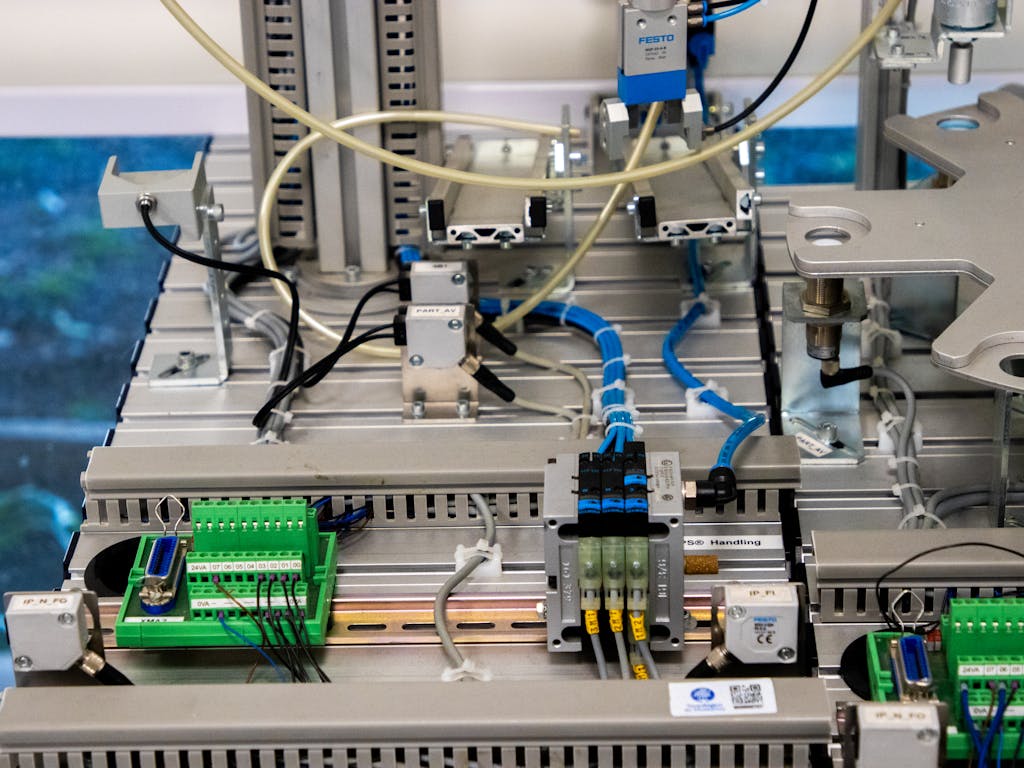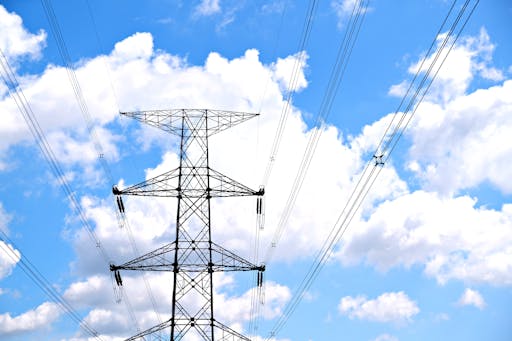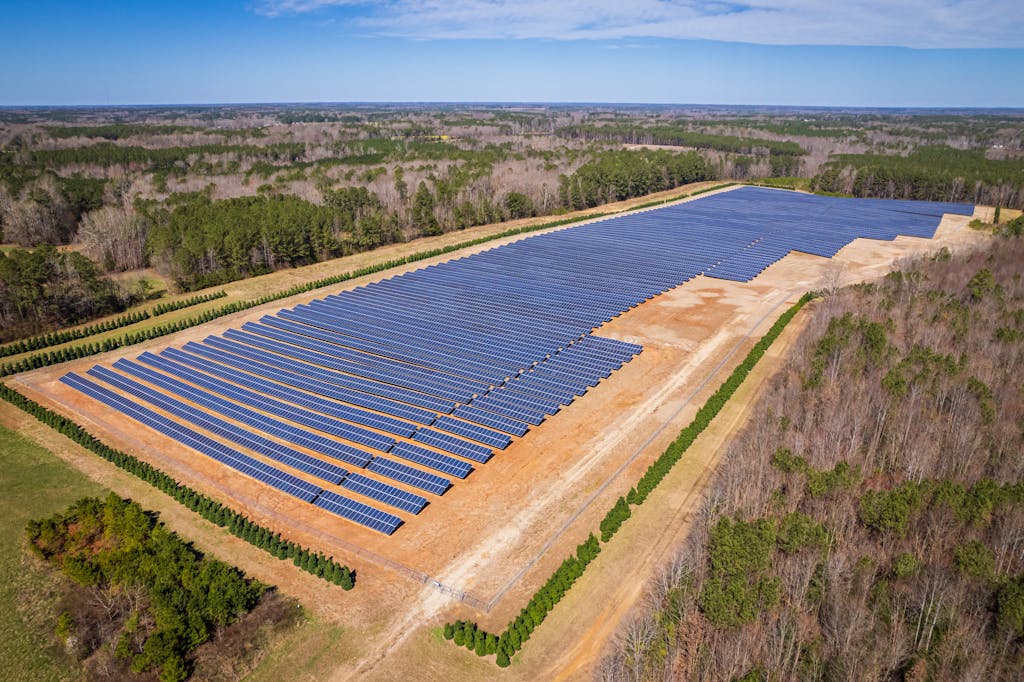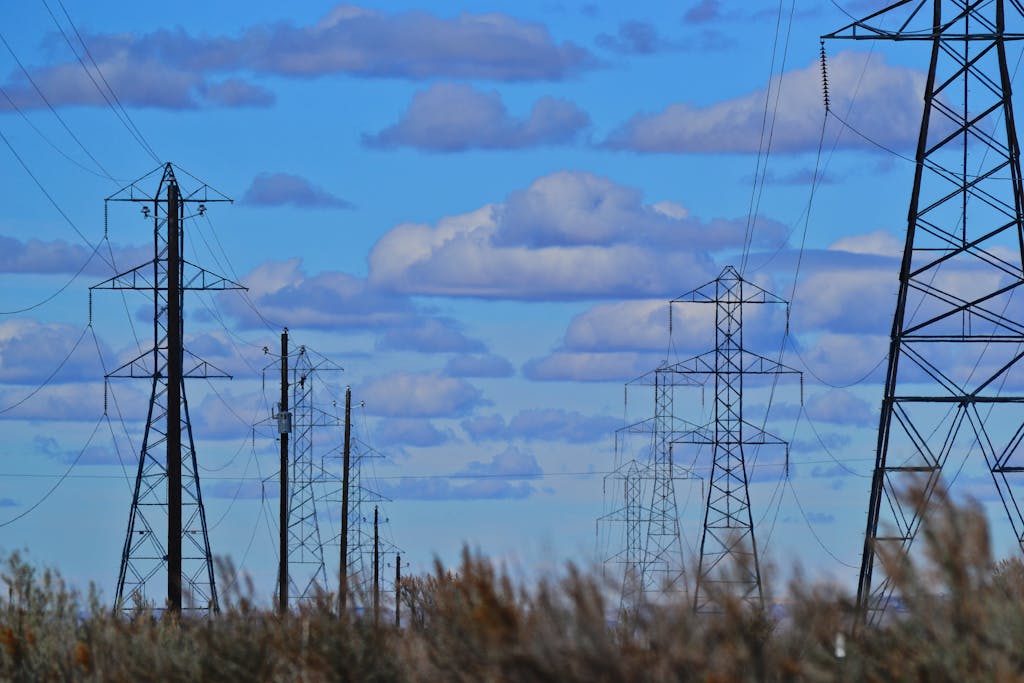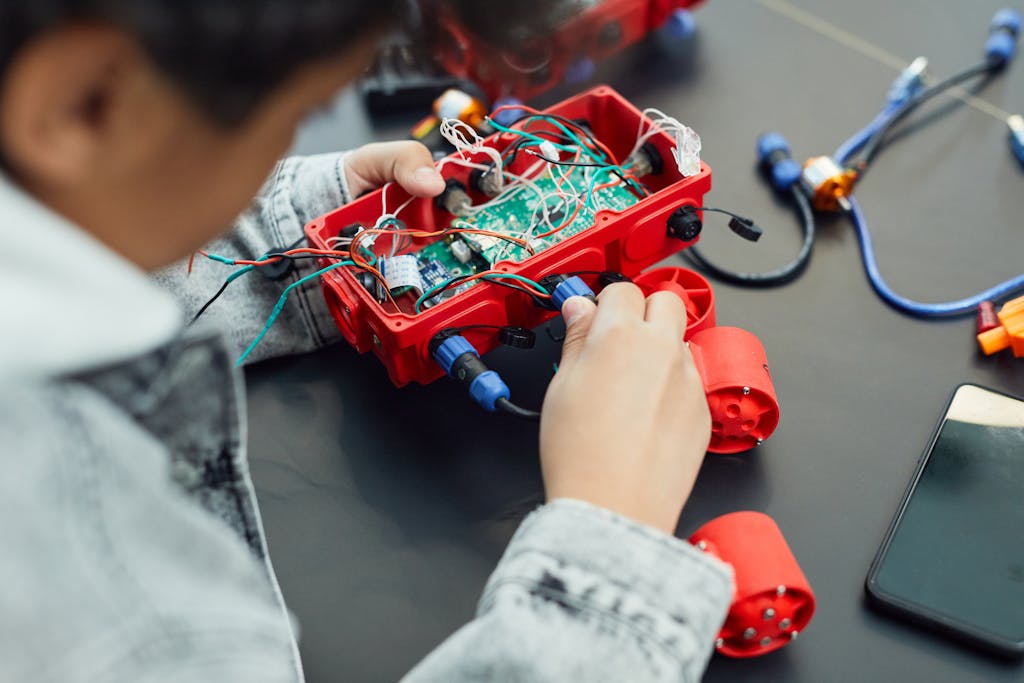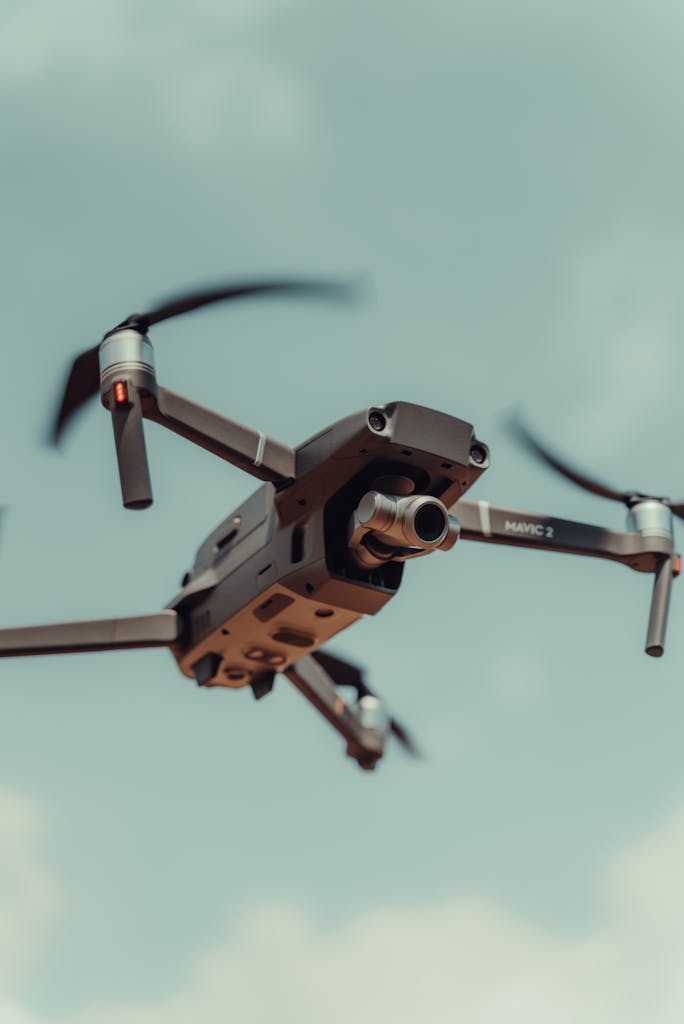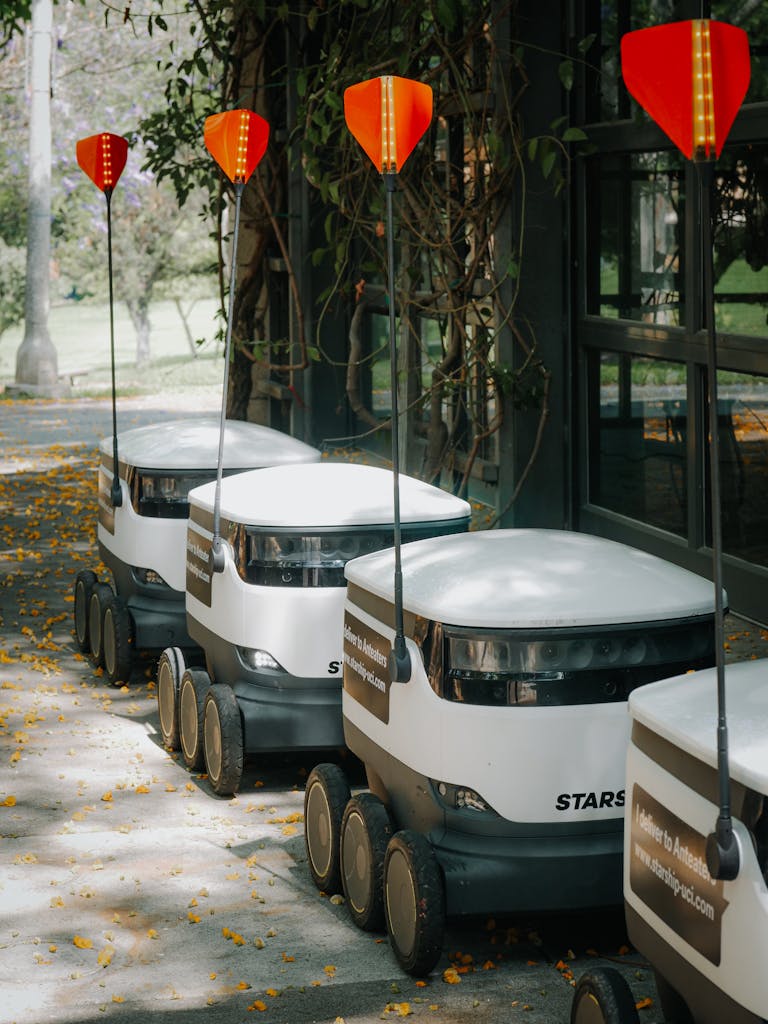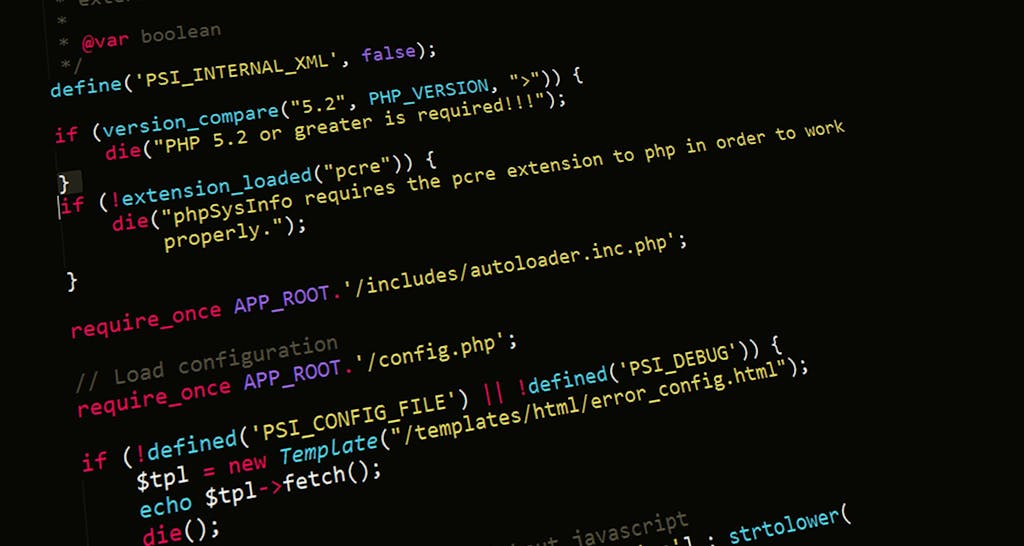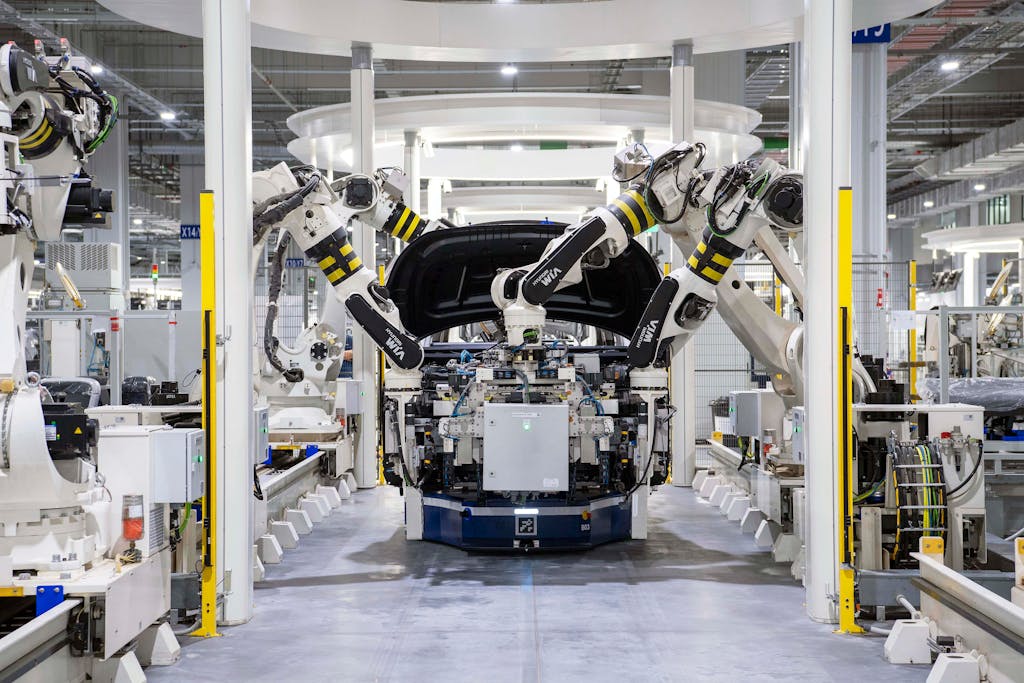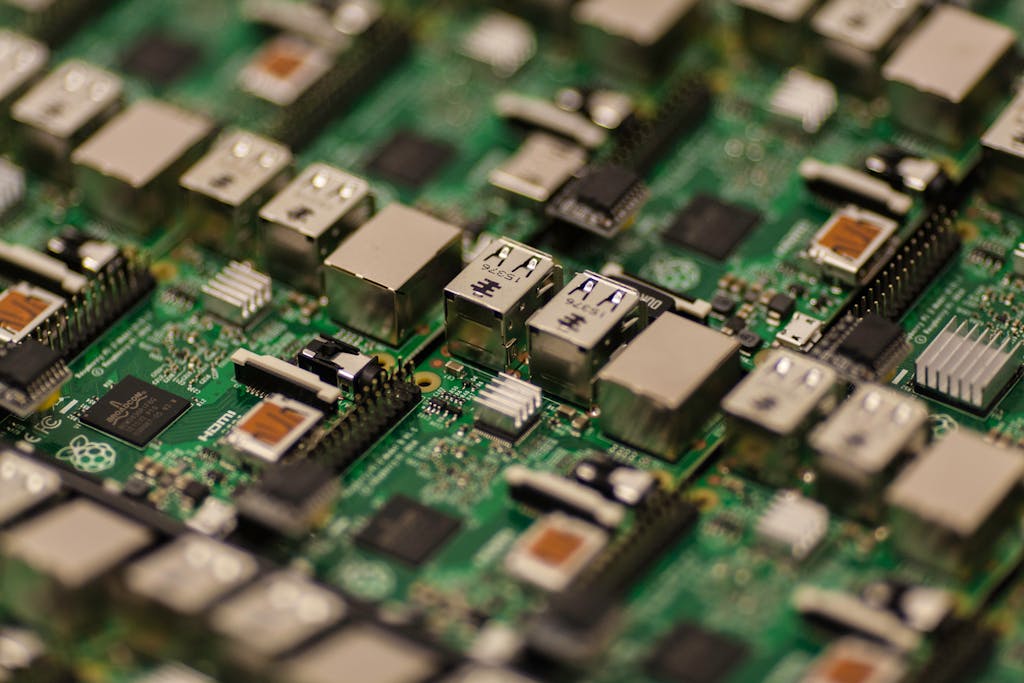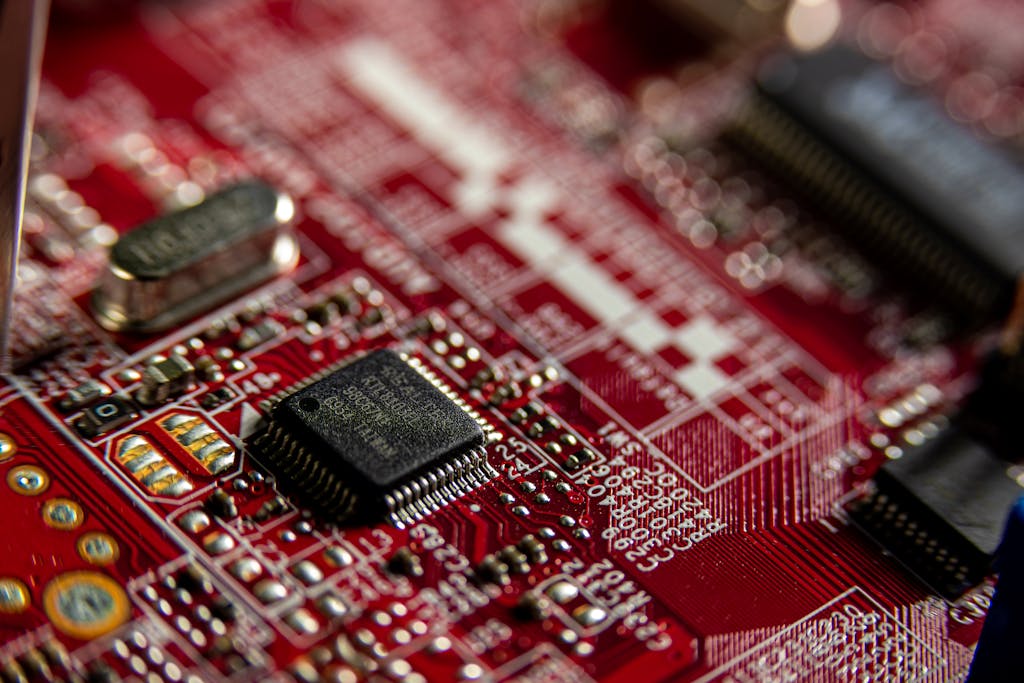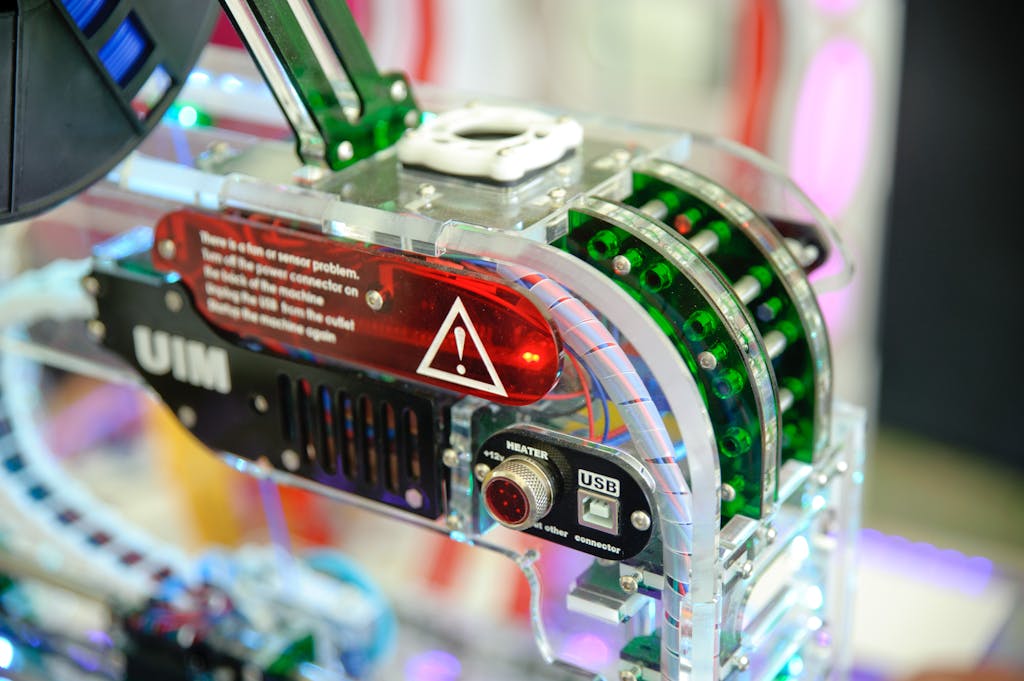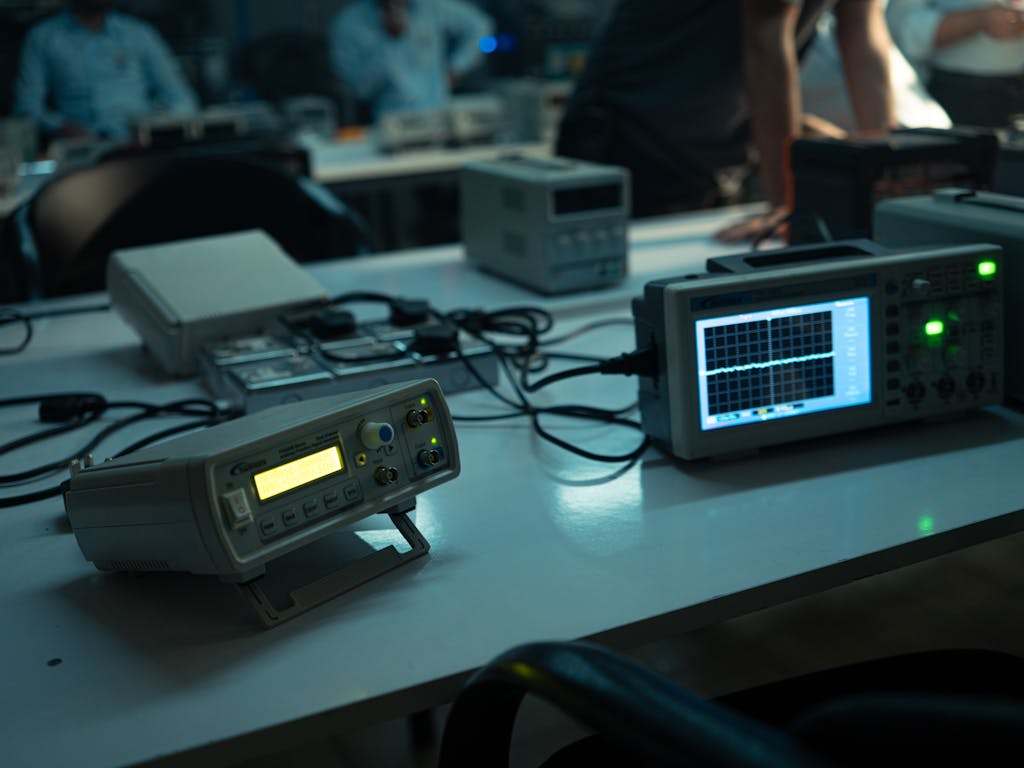Tutorial Sessions: The tutorial sessions provide an informative and dedicated training sessions for esteemed professionals. During these sessions well-known experts from academia and industry will introduce fundamentals and state-of-the-art on emerging areas in industrial electronics. Several industry partners will also provide hands-on tutorial sessions demonstrating their products and how they can be leveraged by attendees in professional as well as in research. The organizing committee of IECON 2026 is opening the floor for tutorial proposal submissions which provides a unique opportunity for esteemed professionals in various fields to share their expertise while the attendees explore new trends and learn new techniques from experts in their related fields. Each tutorial session will be 3 hours long without considering breaks. Each accepted tutorial will recieve one free conference registeration along with an honorarium of $1000 in total. Authors are encouraged to follow the provided template.
Proposal Content: The tutorial session’s proposal should include the following information (as mentioned in the MS word template):
- Subject of the tutorial.
- Name, institutions, and email of chair and co-chair of the tutorial.
- A brief description (no more than 600 words).
- Define the topics/sub-topics.
- Explain the importance and relevance of this tutorial to IES and specify contribution and learning outcomes in less than 600 words.
- Provide short bios with names, photo, email and affiliation of the presenters.
- Provide maximum of 10 publication relevant to the topic of the proposal publieshed by the organizers.
Organization of Tutorial Sessions:
Once approved, the Tutorial Session organizer will publicize the tutorial among researchers and practitioners in the field to attract sufficient number of attendees. The organizing committee will also engage with publicizing the lectures through the website and its social media. The minimal lecture time slot to be organized is three hours. It is possible to request multiple time slots, if necessary, especially for hands on sessions. The local organization committee will provide the rooms and the required multimedia settings for the lectures. Since the tutorials will be organized as a full day event, coffee breaks will be foreseen for the attendees and the lecturers. If hands on sessions require the use of a laptop, the lecturers should clearly communicate this such that the attendees can be informed and requested to bring along an adequate laptop.
Restriction: Tutorial organizers should be at least from two different institutions and preferable from more than one country.
Potential topics include but not limited to the following:
Energy: Power Systems and the Smart Grid, Renewable Energy Systems, Power Electronics & Energy Conversion, Grid Resiliency, Electrical Machines and Drives, Electric Energy Storage Systems, Resilient Control for Energy Systems, and Transportation Electrification.
Control and Robotics: Control Systems, Motion Control, Robotics and Mechatronics, Instrumentation, Sensors, Actuators, Systems Integration and Nano-technologies, Signal and Image Processing and Computational Intelligence.
Information and Communication Technologies (ICT) and interdisciplinary areas: Electronics Systems on Chip and Embedded Systems, Intelligent factory automation, ICT and AI enabling smart cities, buildings, Energy efficiency and sustainability, ICT enablers of autonomy and smart transport: Transport electrification, Smart Grids, Renewable, Human-centric ICT: Medicine, Assistive Robotics, Industrial Cyber-physical Systems, Deep Learning & Machine learning applications, Microgrid Cybersecurity.
Proposal Submission:
Kindly submit your tutorial session proposal through the submission link available on the conference website. Proposals will be accepted from November 1, 2025 until April 15, 2026. We encourage early proposal submissions to receive early decisions.
Please click on the “Tutorials’ Submission Link” below to be redirected to the proposal submission page.
Important Dates
| Tutorial Proposal Submission opens | Novemeber 1, 2025 |
| Tutorial proposal Submission due | April 15, 2026 |
| Acceptance Notification | May 15, 2026 |
General Chairs
Sertac Bayhan
Hamad Bin Khalifa University, Qatar
Haitham Abu-Rub
Hamad Bin Khalifa University, Qatar
Mariusz Malinowski
Warsaw University of Technology, Poland
Erchin Serpedin
Texas A&M University at Qatar, Qatar
Tutorial Co-Chairs
Thilo Sauter
University for Continuing Education Krems, Austria
Roberto Obeo
University of Padova, Italy
Chandan Chakraborty
Indian Institute of Technology, India
Ahmed Massoud
Qatar University, Qatar
Mohammed Ben-Idris
Michigan State University, USA
Yousef Ibrahim
Federation University Australia, Australia

